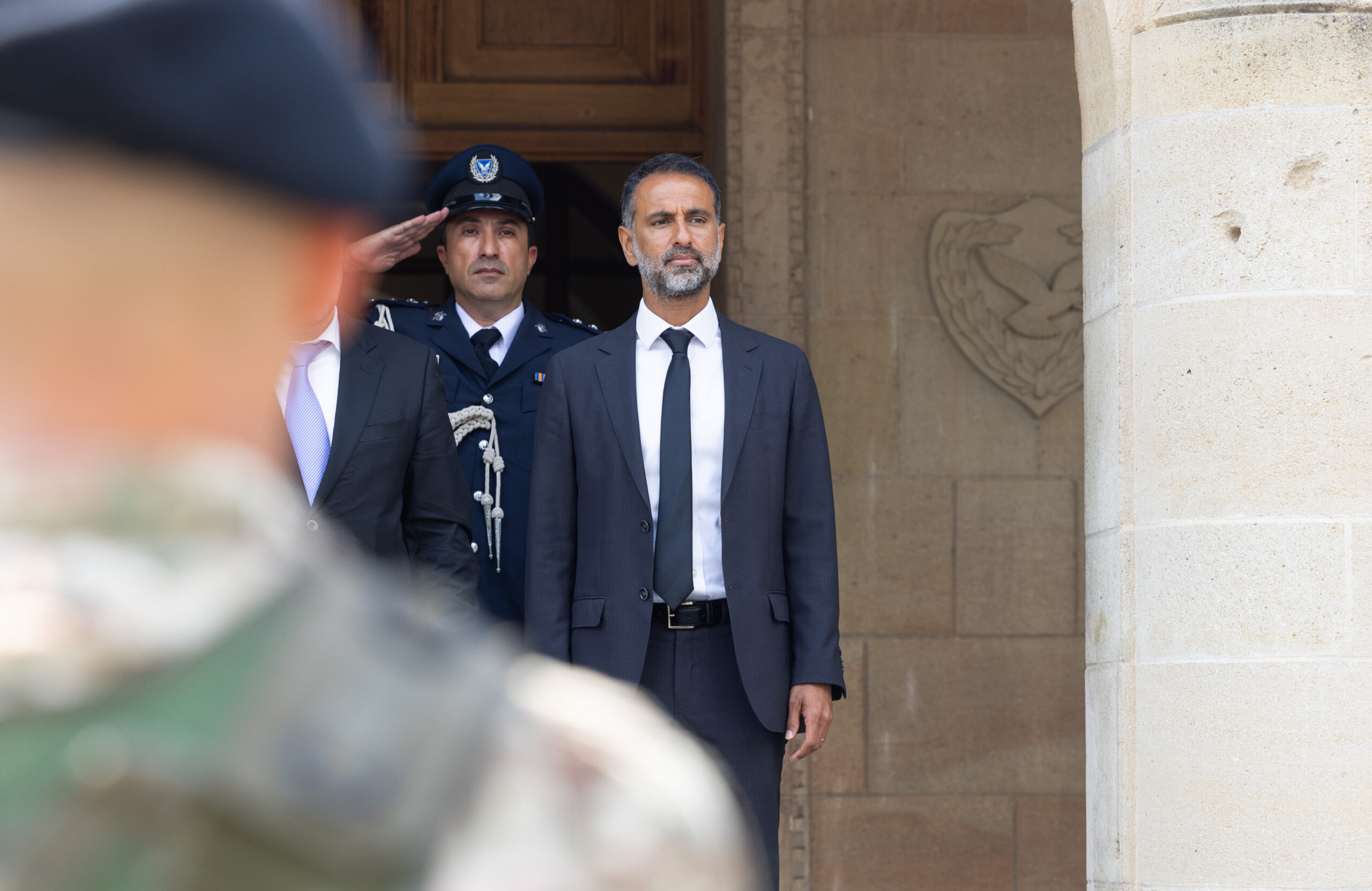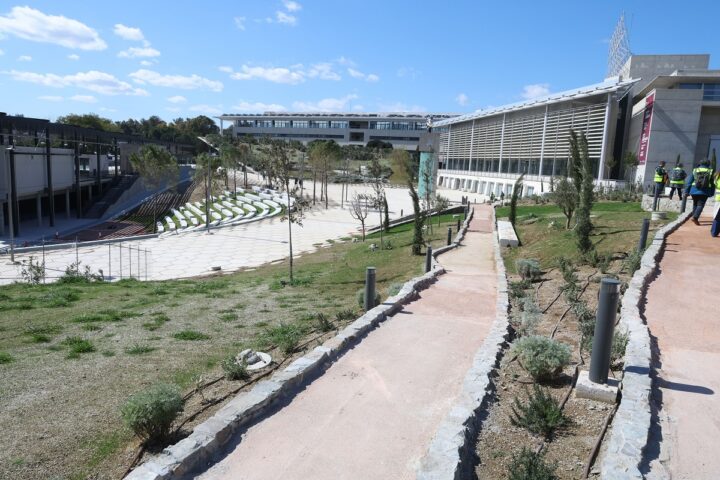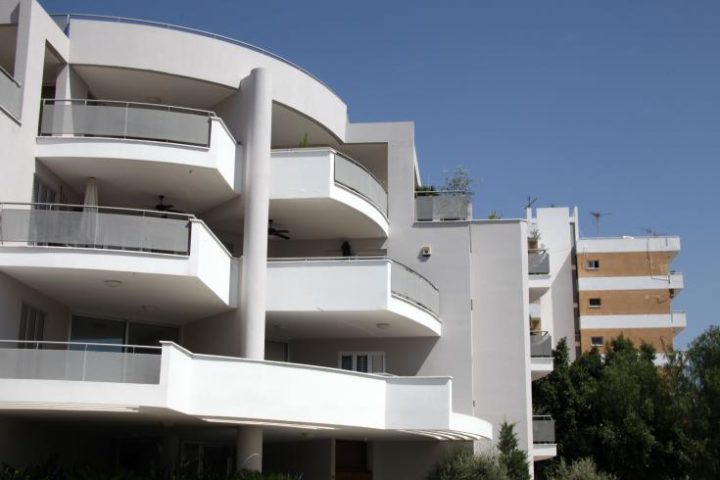British High Commissioner Irfan Siddiq said Cyprus has a consensus to enforce sanctions against Russia to restore its reputation, but the Turkish-occupied north is a money laundering blackspot.
He said while questions on shady financial practices in the Republic of Cyprus have been cleaned up, the problem was present in the Turkish-occupied north.
Siddiq was replying to a question on money laundering through the north and the international community’s lack of sanctions on Turkey during a Round Table discussion with foreign ambassadors at the 21st World Conference of Cyprus Diaspora.
The High Commissioner argued it would be more costly for Cyprus not to enforce Russia sanctions since there are political and moral claims for international support for the island’s reunification.
He believes that some of the questions about “shady financial practices” in Cyprus have now been cleaned up, and it is healthier for the economy not to have them.
“The problem is now present in the north as well, and that’s a challenge for us”.
He added that even though they don’t recognise the “authorities in the north”, they engaged with them to ensure that the consequences of these activities didn’t negatively impact the Republic and broader region.
Some Cypriot fixers for Russian oligarchs looking to bypass international sanctions on Moscow have been sanctioned by America and the UK.
Siddiq is encouraged to witness the newly elected President’s dedication to resolving the Cyprus problem as a top priority.
He said that despite the challenges, particularly within the buffer zone and the Pyla issue, the momentum toward resuming negotiations was a priority supported by their government.
Also, the British High Commissioner stressed the important role of Cypriot Diaspora in the UK.
“The UK Cypriot community is this vital and powerful bridge between Cyprus and the UK and plays such an important role in helping support and shape engagement between our two countries”.
He also referred to the 80,000 British residents in Cyprus and the 1.2 million British tourists who visit the island annually, contributing significantly to the economy.
Siddiq underlined essential developments in the previous year, notably the signing of a Memorandum of Understanding on Bilateral Strategic Co-operation and the agreement on Non-Military Development of the Sovereign Base Areas.
Turning to challenges, Siddiq highlighted the increasing cost of fees for Cypriot students studying in the UK.
He expressed a joint commitment by both governments to find a solution to prevent a reduction in the number of Cypriot students pursuing education in the UK.









